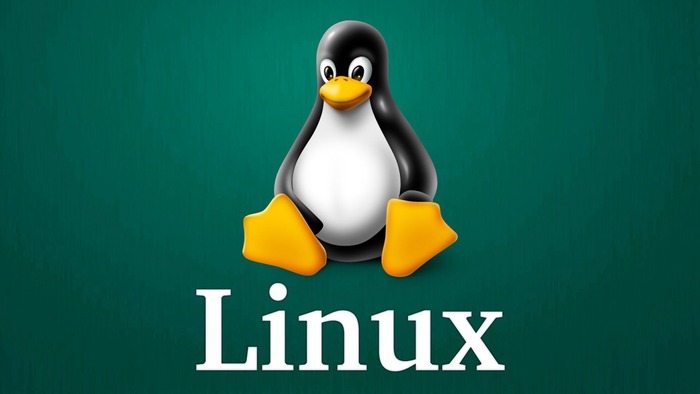Efficiency is essential in development processes in the field of artificial intelligence (AI), which heavily depends on technological advancement for innovation. There are many options for AI developers when it comes to tools and platforms, but Linux remains one of the most popular ones.
This operating system is renowned for being adaptable and having an open-source nature. Linux has numerous benefits that make the integration of different components of artificial intelligence easier and therefore increase the room for the development of such integrated systems beyond what is known or possible now.
Harnessing the Power of Open Source
The open-source philosophy which is the heart of Linux promotes collaboration, innovation and openness. This means that in the field of AI programming, people have the freedom to use numerous resources and frameworks, come up with solutions of the highest quality available today.
From powerful machine learning libraries like TensorFlow and PyTorch to comprehensive development environments such as Jupyter Notebooks, Linux provides a fertile ground for AI experimentation and advancement.
Customization and Optimization
The flexibility of Linux is one aspect that makes it stand out. With this, it is possible for the developers to make an environment that will be suitable for their particular AI projects, be it an AI Tool or a complicated AI infrastructure.
Linux allows for customization of every detail in the operating system, from CPU scheduling and memory allocation up to the highest-level kernel functions – thus providing a set of unique tuning possibilities for any particular branch of the broad tree called AI development.
Moreover, Linux is very lightweight; hence consumes almost nothing in terms of resources and therefore can easily be applied for different platforms including edge devices and cloud servers as well.
Seamless Integration with AI Frameworks
Developers find Linux more attractive due to its compatibility with many AI frameworks. Linux easily works with leading AI frameworks in everything from creating deep learning models, natural language processing algorithms or computer vision systems to make the workflow of development smooth and minimize related problems of compatibility.
Such interaction not only makes it easier for programmers to come up with new ideas but also enables them to overcome various technical difficulties instead of wasting time on them.
Community Support and Resources
Central to the Linux ecosystem is its vibrant community of developers, enthusiasts, and experts who contribute to its growth and evolution. This vast network provides invaluable support, resources, and knowledge-sharing opportunities for AI developers, ranging from online forums and discussion groups to collaborative projects and tutorials.
Leveraging this collective wisdom, developers can overcome challenges, explore new ideas, and stay abreast of the latest developments in AI and Linux technology.
Security and Reliability
In the realm of AI, where data privacy and security are paramount concerns, Linux offers robust solutions that instill confidence in developers and end-users alike. Built upon a foundation of security best practices and proactive vulnerability management, Linux provides a secure environment for AI development and deployment.
Furthermore, Linux’s reputation for stability and reliability ensures uninterrupted operation, minimizing downtime and mitigating risks associated with system failures or malfunctions.


